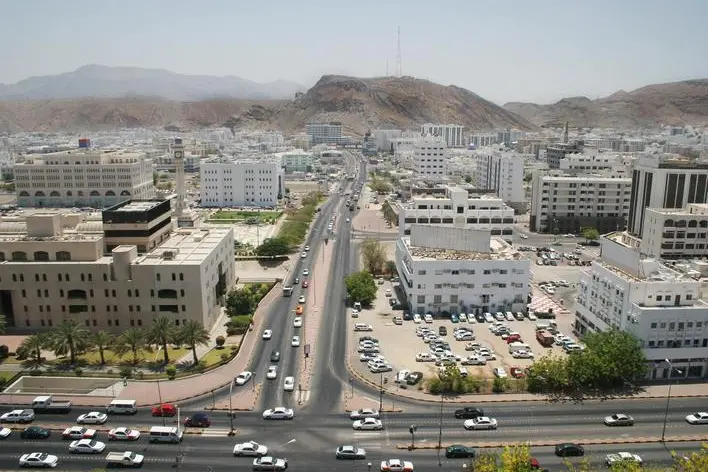PHOTO
Muscat – Oman is planning to set up integrated economic clusters across various sectors as part of its drive to diversify the national economy and reduce reliance on traditional industries. This plan, outlined in the recently released third annual report of Oman Vision 2040 Implementation Follow-up Unit, reflects the government’s ongoing efforts to transform the economic landscape and position Oman as a leading economy by 2040.
A global model for economic growth, integrated economic clusters are built around interconnected industries that share value chains, services and resources within a defined zone. Oman’s adaptation of this model seeks to stimulate growth, enhance competitiveness and expand international market reach. The government’s role in this initiative is to provide regulatory support and foster a business environment conducive to investment. After thorough analysis, it has identified five key clusters – in Shaleem, Dakhliyah, Duqm, Najd and Suhar – each focusing on different industries crucial to national growth.
The Shaleem Integrated Economic Cluster in Dhofar is set to become a hub for industrial mineral production, leveraging its location on regional sea routes and its rich deposits of gypsum, limestone and dolomite. Developed in collaboration with Oman Investment Authority and Madayn, this cluster will focus on mining, industry, fisheries, tourism and logistics. By hosting diverse activities, Shaleem aims to expand Oman’s production and export base, boosting the area’s GDP contribution.
The Najd region also in Dhofar, known for its favourable climate for year-round farming, will host an agricultural cluster to expand production, support food security and boost exports. This initiative will connect agriculture with industry and logistics, allowing Oman to meet both domestic and international market demands while reducing dependence on imports. Key goals include improved irrigation, storage and logistics networks to increase productivity, and encourage investment in agro-processing.
Dakhliyah will host a cluster focused on tourism, agriculture, industry and logistics under the Tanweer programme. The goal is to link sectors for greater integration and resource use, positioning tourism as a major contributor to Oman’s GDP. The programme also seeks to boost rural development using a model that can be replicated in other regions to stimulate sustainable growth.
In Special Economic Zone at Duqm, a cold chain cluster will support Oman’s food and agriculture sectors by enhancing production and export capabilities. The cold chain infrastructure will ensure quality control for fish, agricultural and other food products, helping Duqm evolve into a regional hub for food preservation and distribution. The project will see introduction of legislation and incentives to attract investment, with planned training programmes to develop expertise in cold chain management.
The integrated economic cluster for aluminum industries in Suhar will link upstream and downstream industries, focusing on expanding primary aluminium production and fostering high-value product manufacturing. This cluster will provide facilities for quality control, training and market development to increase competitiveness of Oman’s aluminium sector, supporting wider access to international markets.
These integrated economic clusters are expected to drive Oman’s GDP growth, create jobs, attract foreign and local investments, while enhancing efficiency through economies of scale. By establishing these clusters, the sultanate aims to set a benchmark for diversified economic development in the region, positioning itself as a leading industrial and trade hub.
© Apex Press and Publishing Provided by SyndiGate Media Inc. (Syndigate.info).




















